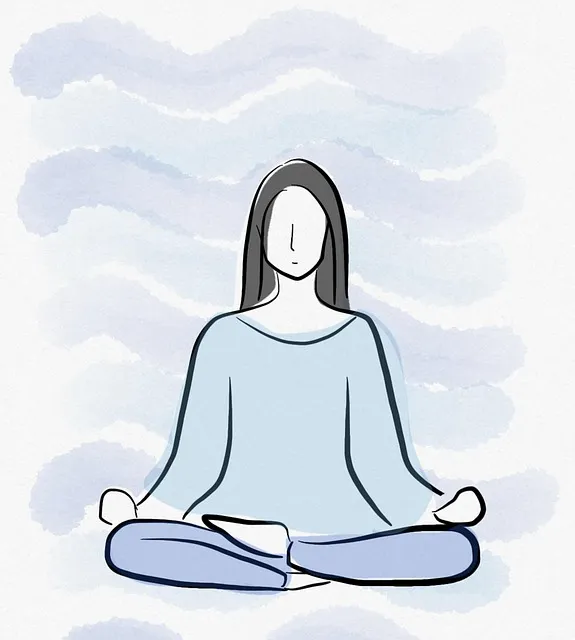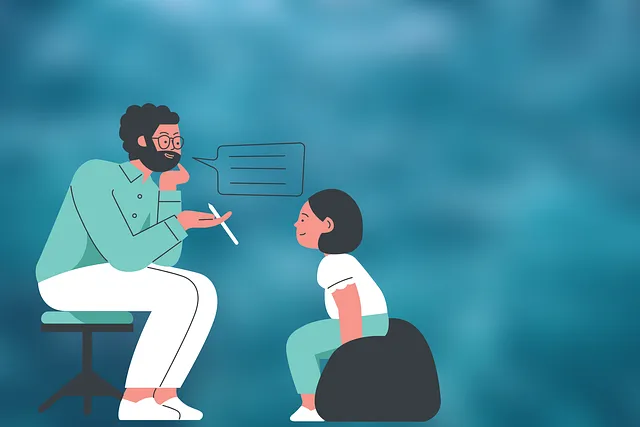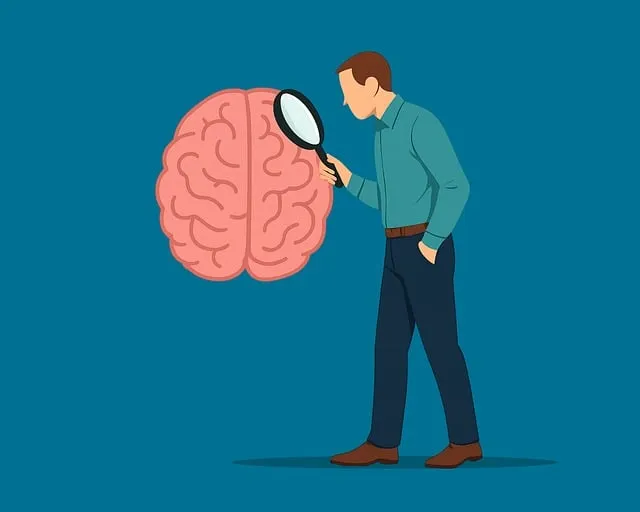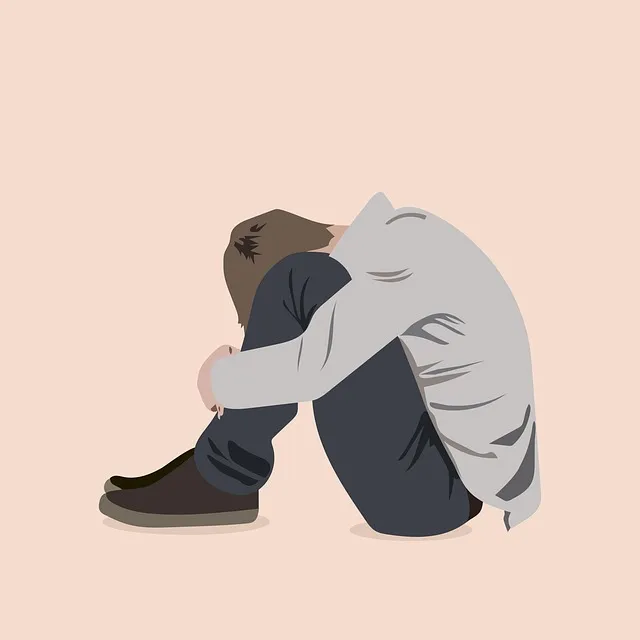Anxiety, a complex issue fueled by triggers from life events to medical conditions, can be managed effectively through tailored strategies. Kaiser Permanente behavioral health center Superior offers Cognitive Behavioral Therapy (CBT), mindfulness practices like meditation and deep breathing, and physical activity as core components of its comprehensive approach. The center's personalized programs, workshops, and online resources empower individuals to overcome anxiety, improve mental well-being, and achieve a better quality of life.
Anxiety is a prevalent condition affecting millions, but managing it effectively can significantly improve quality of life. This comprehensive guide explores powerful techniques at your disposal, leveraging expertise from top facilities like the Kaiser Permanente Behavioral Health Center. From understanding anxiety’s triggers and symptoms to evidence-based therapies like CBT, mindfulness practices, physical activity benefits, and valuable resources like counseling and online communities, discover superior strategies for conquering anxiety and reclaiming your well-being.
- Understanding Anxiety: Unraveling Common Triggers and Symptoms
- Cognitive Behavioral Therapy (CBT): A Powerful Tool at Kaiser Permanente Behavioral Health Center
- Mindfulness and Meditation Practices for Daily Relaxation
- Physical Activity and Its Impact on Managing Anxiety Levels
- Supportive Resources: Counseling, Hotlines, and Online Communities
Understanding Anxiety: Unraveling Common Triggers and Symptoms

Anxiety is a natural response to stress, but when it becomes overwhelming and persistent, it can significantly impact daily life. Understanding common triggers and symptoms is the first step towards managing anxiety effectively. According to experts from Kaiser Permanente behavioral health center Superior, various factors can ignite anxiety, including stressful life events, genetic predisposition, brain chemistry imbalances, and certain medical conditions. Recognizing these triggers is crucial in developing tailored coping strategies.
Symptoms of anxiety can manifest physically, cognitively, and emotionally. Common physical signs include rapid heartbeat, sweating, trembling, and shortness of breath. Cognitive symptoms involve persistent worry, difficulty concentrating, and negative thinking patterns. Emotional distress, such as feelings of fear, panic, or restlessness, is also prevalent. By educating ourselves on these triggers and symptoms through mental health education programs designed to enhance public awareness campaigns development, we can empower ourselves to take control and manage anxiety more effectively.
Cognitive Behavioral Therapy (CBT): A Powerful Tool at Kaiser Permanente Behavioral Health Center

At Kaiser Permanente Behavioral Health Center, Cognitive Behavioral Therapy (CBT) stands out as a powerful tool in anxiety management. CBT is a form of talk therapy that focuses on identifying and changing negative thought patterns and behaviors, helping individuals to manage their anxiety effectively. By addressing underlying beliefs and distortions in thinking, CBT empowers patients to confront and overcome anxious thoughts, thus reducing symptoms and improving overall well-being.
The center offers specialized programs and workshops designed to teach stress reduction methods tailored to individual needs. Through Mental Health Policy Analysis and Advocacy, Kaiser Permanente ensures that its services align with the latest research and best practices in anxiety management. This holistic approach, combined with a supportive environment, enables patients to not only manage but also overcome anxiety, fostering lasting mental health and improved quality of life.
Mindfulness and Meditation Practices for Daily Relaxation

Anxiety can be effectively managed through mindfulness and meditation practices that promote daily relaxation. Techniques such as deep breathing exercises, guided imagery, and yoga help individuals achieve a state of mental calm and clarity. The Kaiser Permanente behavioral health center Superior emphasizes the importance of these practices in addressing anxiety disorders, offering tailored programs to suit individual needs.
Regular engagement in mindfulness and meditation enhances self-awareness exercises, enabling people to recognize and manage their anxious thoughts and feelings. This not only improves overall mental health but also contributes to a more balanced and peaceful lifestyle. Incorporating these practices into daily routines can be as simple as dedicating a few minutes each morning or evening to quiet reflection and focused breathing, fostering a sense of inner tranquility that translates into better coping mechanisms for stressful situations.
Physical Activity and Its Impact on Managing Anxiety Levels

Anxiety can often be managed through simple yet effective self-care practices, and one of the most powerful tools in your arsenal is physical activity. Regular exercise has been shown to significantly reduce anxiety levels, a benefit highlighted by experts at the Kaiser Permanente behavioral health center Superior. Engaging in physical activities like walking, running, or even yoga can stimulate the release of endorphins, known as “feel-good” hormones, which act as natural mood lifters and stress reducers.
Incorporating structured fitness routines into your weekly schedule can be an excellent way to gain mental health education and improve self-esteem, all while managing anxiety effectively. The American Psychological Association recommends incorporating activities that promote relaxation and mindfulness for better overall well-being, aligning with the holistic approach often seen in successful Mental Health Education Programs Design.
Supportive Resources: Counseling, Hotlines, and Online Communities

When managing anxiety, accessing supportive resources can make a significant difference. Many individuals benefit from counseling services offered by Kaiser Permanente behavioral health centers, which provide specialized care tailored to their unique needs. These sessions offer a safe space to explore and understand anxiety triggers while learning effective coping strategies.
In addition to in-person counseling, hotlines and online communities serve as valuable resources for continuous support. They connect individuals with peers and professionals who can offer guidance, share experiences, and foster a sense of belonging. Online platforms, in particular, allow access to diverse communities where people can find comfort, engage in meaningful conversations, and gain insights into various anxiety management techniques, including positive thinking and burnout prevention strategies, ultimately boosting confidence.
Anxiety management is a holistic journey, and combining various techniques offers superior results. From unraveling triggers through cognitive-behavioral therapy at the Kaiser Permanente Behavioral Health Center to incorporating mindfulness and physical activity, each approach contributes uniquely. These strategies empower individuals to take control of their mental well-being. Additionally, leveraging supportive resources like counseling, hotlines, and online communities further enhances one’s ability to manage anxiety effectively. By integrating these techniques into daily life, individuals can achieve greater resilience and improved overall health.






